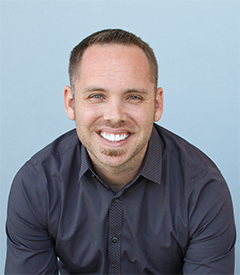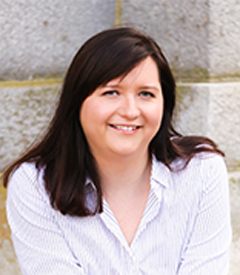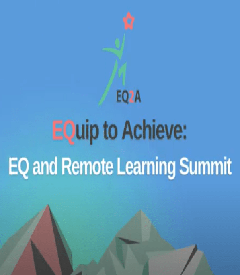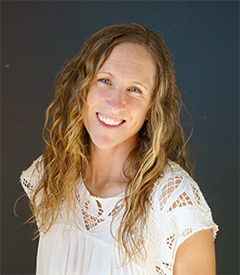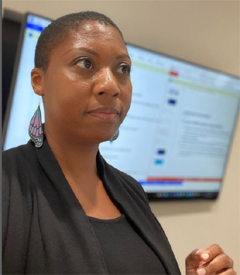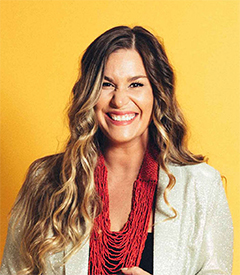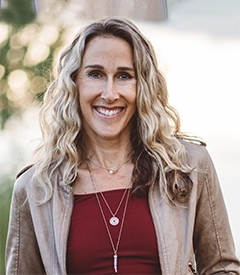Why do you believe SEL and EQ are important? I believe these are important because building these skills helps students (and people in general) to thrive in all areas of life. We are able to work with others more effectively, have greater respect for ourselves and others, and build healthier communities. These skills are important for students, and building these skills early in life helps to build more wholehearted adults with positive attitudes. These skills help people succeed and achieve.
Do you have any personal anecdotes about how SEL/EQ has brought you success in your personal life/career? My role as a high performance coach requires me to use EQ in nearly every interaction. I balance and manage my emotions, listen to others with empathy, communicate with awareness, and build relationships in a way that creates a safe space where my clients are able to move through mental, emotional, and physical blocks. Without being an expert in EQ and using those skills effectively, I would not be able to do my job.
What do you believe to be one or two of the main challenges in education (K-8) today? I believe that the 2 main challenges in education today are isolation due to COVID and increased access to information. The isolation that many are facing now is a huge shift for the social and family support structures that have been in place for generations. Parents are at home more often and teaching their children, and virtual learning is now the norm for most schools. And, this is true not just in the U.S., but all over the world. There are some children who have not played with or socialized with their peers in over a year, and that is tough. We are social beings and the entire social structure of the world has transformed in a very short period of time.
Increased access to information is a major challenge because there is often a sense of overwhelm that accompanies a search for information. In years past, learning was more confined to the walls of the building with some learning online. Now, there is an abundance of classes, virtual visits, and other resources online which requires more effort to sift through.
What do you believe to be one or two of the biggest opportunities in education (K-8) today? I think that the biggest opportunities are the isolation due to COVID and the access to information. This isolation period, while challenging, has also led to huge developments in online learning. Students, parents, teachers, and administrators are learning a lot about new technologies and this will transform the face of education forever. In addition, the quarantines have forced most of us to slow down, spend time at home, not travel, and spend much more time with our families than ever before. The bonds that can be built in this environment are long-lasting and strong.
At the same time, because of this pandemic many organizations have opened up virtual access to information (such as the Library of Congress), visits, and even performances. What an amazing learning opportunity! Students who may have never been able to see the Rijksmuseum in Amsterdam can use the Google Street View Tour to have an experience almost as if they were there in person. I am not sure that these sorts of visits and tools would have been developed ever, or at least so quickly and generally free of charge to access, if not for the pandemic. I believe there is a silver lining in everything.
